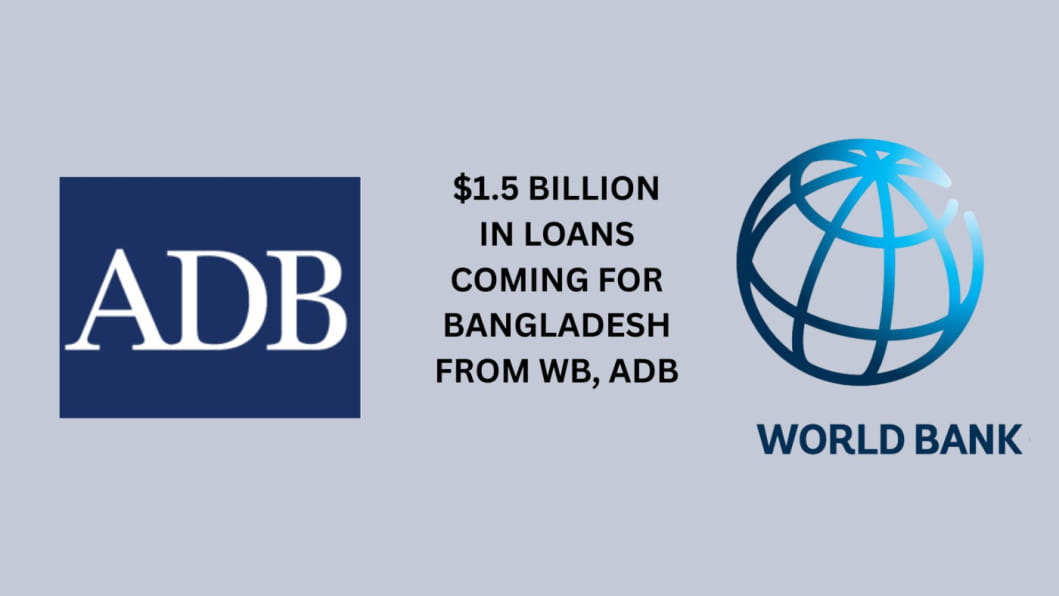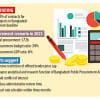Banking reforms, tackling climate change: ADB, WB approve over $1.5b

The Asian Development Bank has approved a $900 million loan to help Bangladesh reform its banking sector and strengthen its resilience to the impacts of climate change.
Of the total, $500 million will support efforts to stabilise and reform the country's banking sector, while the remaining $400 million will promote climate-resilient and inclusive development initiatives.
The $500 million policy-based loan aims to strengthen governance, asset quality and stability within Bangladesh's banking system, the ADB said in a statement yesterday.
Also yesterday, the World Bank approved $640 million for two projects aimed at enhancing gas supply and improving air quality in Bangladesh.
With the ADB and WB approvals, Bangladesh is set to receive more than $1.5 billion -- a development that will ease the continued strain on its foreign currency reserves.
The ADB said the programme will improve the effectiveness of Bangladesh Bank's liquidity management, enhance supervision and introduce measures to address the high volume of defaulted loans.
The key binding constraints in the banking sector include a lack of robust asset quality, tight liquidity and inadequate financial intermediation, leading to low rates of financial inclusion, said Sanjeev Kaushik, principal financial sector specialist at the Manila-based lender.
Separately, the ADB also approved a $400 million loan for the second phase of the Climate-Resilient Inclusive Development Programme (CRIDP) aimed at supporting Bangladesh's efforts to adapt to climate change, cut emissions and foster inclusive economic growth.
The programme includes $113 million in co-financing from Agence Française de Développement and another $400 million from the Asian Infrastructure Investment Bank.
The programme will help Bangladesh achieve its climate goals more efficiently by bringing government agencies together and aligning their work with national policies, said Sameer Khatiwada, senior public sector economist at the ADB.
It will also remove obstacles to mobilising climate finance, reinforce adaptation efforts in priority sectors and speed up actions to reduce climate impacts, he said.
Under CRIDP, the Bangladesh Climate Development Partnership will be established to secure climate finance and help ministries develop, implement, monitor and evaluate climate projects more effectively.
As part of the CRIDP, the government will also revise Dhaka's Strategic Transport Masterplan (2025–2034) and monitor renewable energy targets set under the Integrated Energy and Power Master Plan to promote greener urban transport and power generation.
Bangladesh is one of the world's most climate-vulnerable nations.
Recent studies show that if high greenhouse gas emissions continue, the country could lose up to one-third of its GDP by 2070.
Tropical cyclones already cause about $1 billion, or 0.7 percent of GDP, in damage each year, and severe flooding could shrink the economy by as much as 9 percent compared to expected growth by 2050.
By then, Bangladesh could lose 17 percent of its land and 30 percent of its food production, pushing food and nutrition security to a critical point.

 For all latest news, follow The Daily Star's Google News channel.
For all latest news, follow The Daily Star's Google News channel. 








Comments